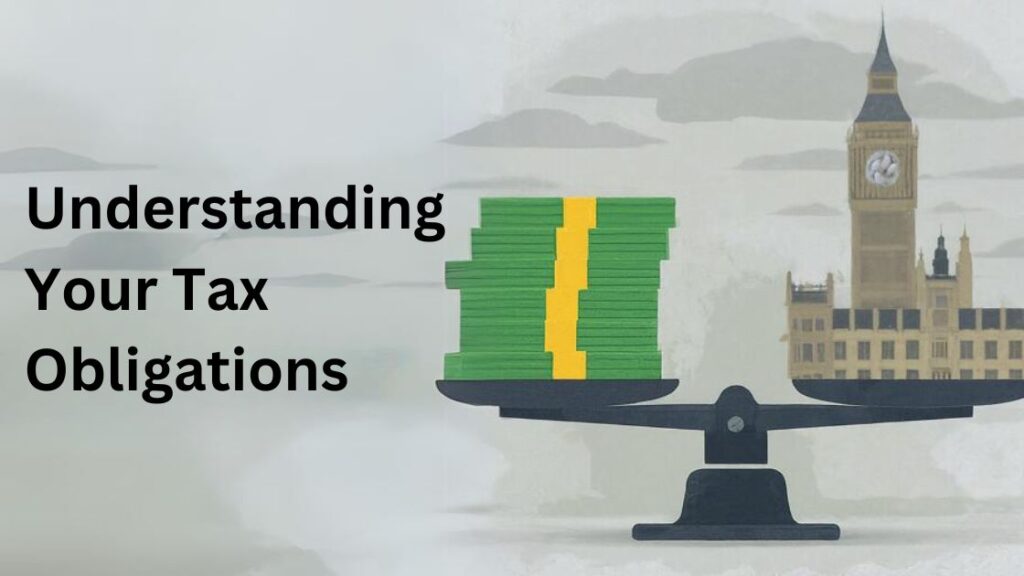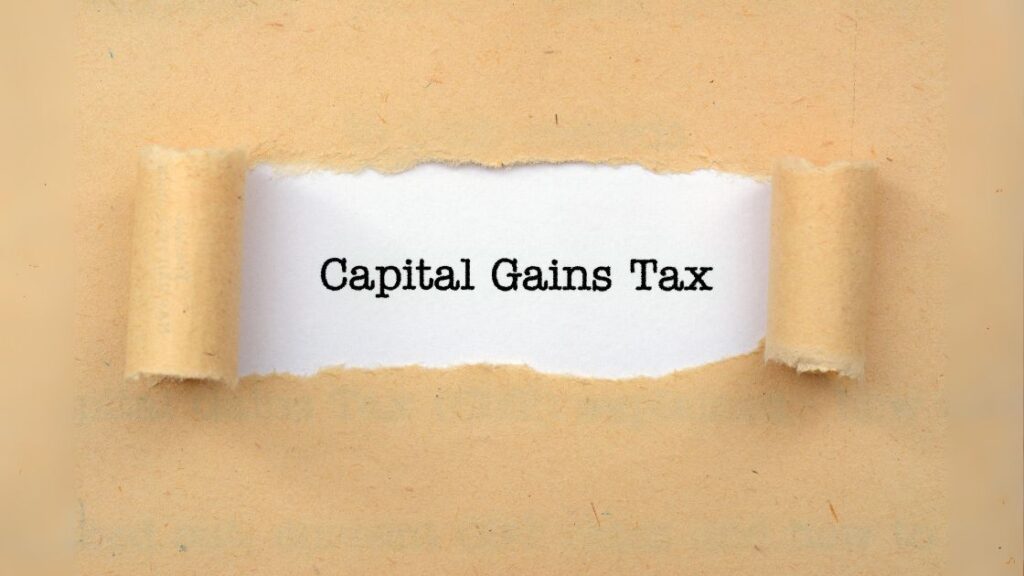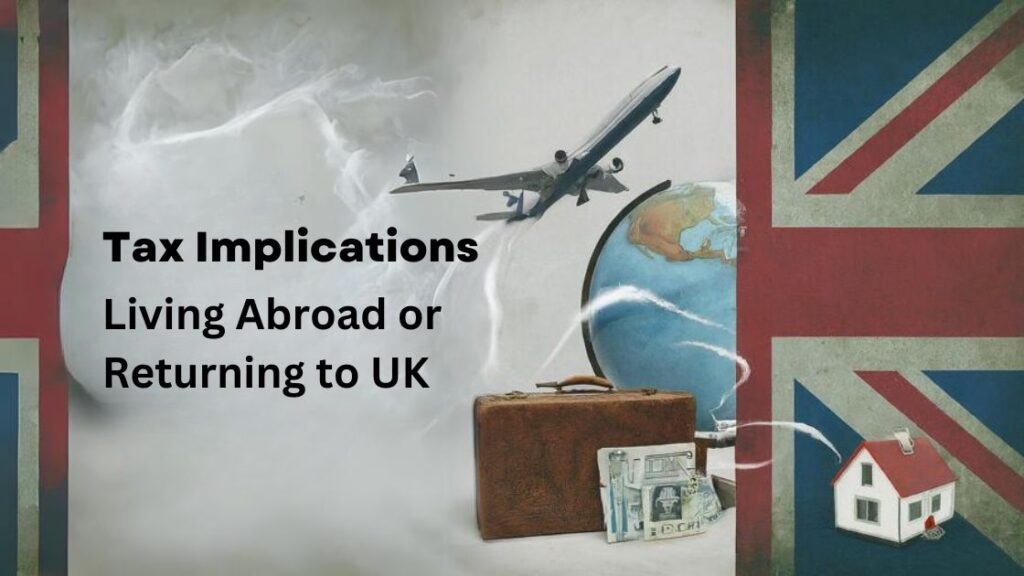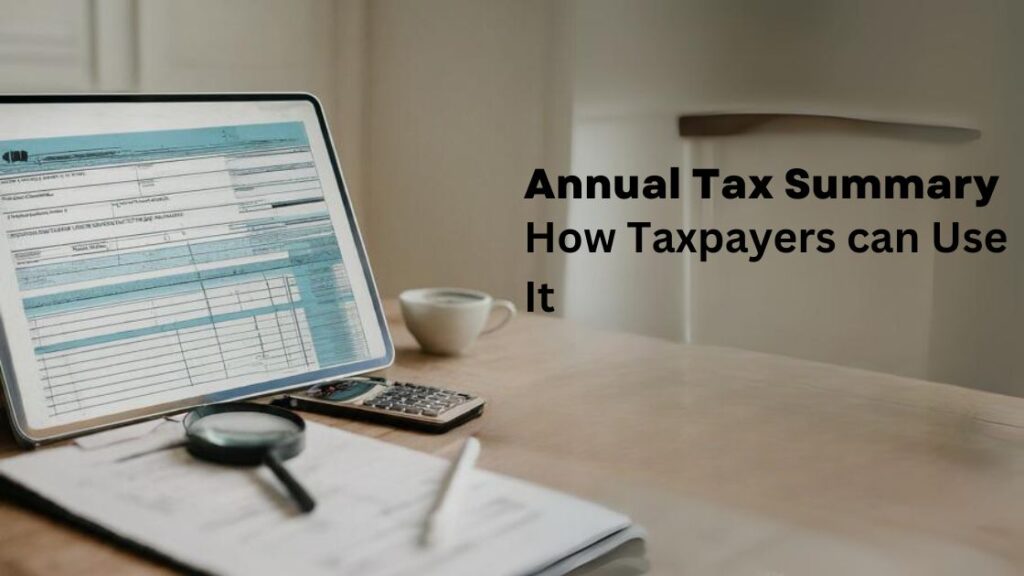The tax system collects money from individuals, businesses, and other entities so the government can function properly. To meet the tax obligations and make informed financial decisions, it’s crucial for individuals and businesses to understand the UK tax system. You can optimize your finances and manage your tax affairs if you know what kinds of taxes, tax bands, allowances, and tax planning strategies you need.
In the UK, taxes are the primary source of revenue for government services and expenditures. Revenue generated from taxes pays for essential public services like healthcare, education, infrastructure, transportation, and law enforcement. These services are vital to maintaining society’s well-being and functioning. Also, taxes fund social welfare benefits aimed at helping the poor and vulnerable. For example, welfare assistance, unemployment benefits, housing support, disability benefits, and retirement pensions are funded. By imposing higher taxes on people with higher incomes or wealth, taxation helps redistributing wealth within society. Taxes in the UK are administered by HM Revenue & Customs (HMRC), which is responsible for collecting taxes, enforcing tax laws, and providing guidance and support to taxpayers.
The UK tax year runs from April 6th to April 5th the following year and you are required to file a tax return and pay any tax owed by specific deadlines, usually in January following the end of the tax year. For example, for the tax year ending on April 5, 2024, the tax return deadline would be January 31, 2025. It’s important to note that this deadline applies to most taxpayers, including those who file online or by paper. However, if you’re filing your tax return for the first time or if you want HM Revenue & Customs (HMRC) to collect tax through your tax code, you may need to submit your tax return earlier, typically by October 31st following the end of the tax year. It’s essential to be aware of the specific deadlines and requirements for your individual circumstances to avoid penalties for late filing.
It’s possible for individuals to file several types of taxes in the United Kingdom. Individuals can identify their tax obligations and ensure compliance with applicable tax laws and regulations by understanding various types of taxes in the UK and considering their sources of income, assets, and employment status. Based on individual circumstances and sources of income, the main groups of people that file tax in the UK are:
- Employees: Individuals who are employed by a company or organization typically have taxes deducted from their salary through the Pay As You Earn (PAYE) system.
- Self-Employed Individuals: Self-employed individuals who run their own businesses, work as freelancers, or provide services as sole traders are required to file tax returns and pay taxes on their business profits. They must report their income and expenses to HM Revenue & Customs (HMRC) through a self-assessment tax return.
- Landlords: Individuals who own rental properties and receive rental income are required to declare this income to HMRC and pay tax on their rental profits.
- Company Directors: Directors of limited companies have specific tax obligations, including filing annual accounts and corporation tax returns for their company. They may also need to report personal income from the company, such as salaries, dividends, or benefits in kind, on their personal tax return.
- Investors: Individuals who earn income from investments, such as dividends from shares, interest from savings accounts, or capital gains from selling assets, may need to report this income to HMRC and pay tax on it.
- Pensioners: Retired individuals who receive income from pensions, annuities, or other retirement benefits may need to report this income to HMRC and pay tax on it.
- High Earners: Individuals with high incomes may fall into higher tax brackets and may have additional tax obligations, such as paying higher rates of income tax or contributing to additional taxes like the High-Income Child Benefit Charge or the Annual Tax on Enveloped Dwellings (ATED).
- Non-Residents: Individuals who are not resident in the UK but have UK income, such as rental income from UK properties or income from UK investments, may still have tax obligations in the UK and may need to file a non-resident tax return.
The different factors one could consider identifying the type of tax a person has to file are:
- Review Sources of Income and Assets: Individuals should assess their sources of income, including employment income, investment earnings, rental income, and other sources, to determine if they are subject to income tax, CGT, or other taxes.
- Understand Employment Status: Different tax obligations may apply depending on an individual’s employment status, such as being employed, self-employed, or a company director. Understanding one’s employment status can help determine tax filing requirements.
- Review Property Ownership: Property owners should be aware of their obligations regarding council tax, SDLT, and potentially CGT upon the sale of property. Understanding the tax implications of property ownership can help individuals comply with their tax obligations.
- Consult HM Revenue & Customs (HMRC): HMRC provides guidance and resources to help taxpayers understand their tax obligations and filing requirements. Individuals can visit the HMRC website or contact HMRC directly for assistance with tax-related queries.
Most of the taxes come from three main sources of tax type:
- Income Tax: Income tax is the tax on income earned by individuals, including wages, salaries, pensions, and rental income. It is calculated based on taxable income and is subject to different tax bands and rates.
- National Insurance Contributions (NICs): NICs are contributions paid by individuals and employers to fund state benefits, including the state pension and healthcare. NICs are based on earnings and are collected alongside income tax.
- Value Added Tax (VAT): VAT is a consumption tax levied on the sale of goods and services.
The further categories of tax type are:
- Corporation Tax: Corporation tax is imposed on the profits of UK-resident companies and non-UK companies with a permanent establishment in the UK.
- Capital Gains Tax (CGT): CGT is imposed on the profit earned from the sale of assets, such as property, stocks, and other investments. Individuals are required to report capital gains and pay tax on the gain above the annual exempt amount.
- Inheritance Tax (IHT): Inheritance tax is levied on the value of an individual’s estate upon their death.
- Stamp Duty Land Tax (SDLT): SDLT is payable on the purchase of land and property in England and Northern Ireland above certain thresholds.
- Council Tax: Council tax is a local tax collected by local authorities to fund services such as schools, waste collection, and policing.
- Business Rates: Business rates are a tax on non-domestic properties, such as shops, offices, and warehouses. They are paid by the occupiers or owners of the properties and are calculated based on the rateable value of the property.
- Customs Duties and Import Taxes: Customs duties and import taxes are levied on goods imported into the UK from other countries. They are typically paid by the importer and are calculated based on the value of the goods and their classification under the UK’s customs tariff.
- Car, Road, and Airport Taxes: In the UK, taxes related to cars, roads, and airports fall under various categories and are designed to fund infrastructure, maintenance, and environmental initiatives. The different categories of tax applicable under this tax type are Vehicle Excise Duty (VED) or Road tax, Fuel Duty, Vehicle Insurance Premium Tax (IPT), Congestion Charge, Vehicle Registration Tax (VRT), and Airport Passenger Duty (APD). These taxes play a vital role in funding transportation infrastructure, environmental initiatives, and public services in the UK while also promoting sustainable travel practices and reducing environmental impact.
If you need help navigating the tax system and filing taxes, you can also talk to an accountant or tax advisor.
Tax bands and allowances play a significant role in determining the amount of tax individuals are required to pay on their income. To calculate your taxable income, subtract any allowable deductions, reliefs, and allowances (such as personal allowances, pension contributions and charitable donations) from your total income. The remaining amount is your taxable income, which is then subject to income tax at the applicable rates.
To understand in depth about the tax bands and allowances in the UK, click here.

















